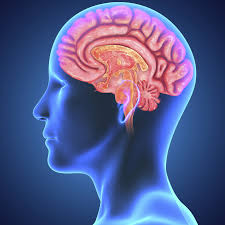Could someone change your diary entries without you noticing? According to this study, most likely. Would you change your memory to match your “new” diary? According to this study – Yes!
This experiment, reported in the Journal of Memory and Cognition, studied how alterations to recorded memories affected the actual memories of the participants. Participants were shown slide shows of crimes. They then had to either report details of the event from memory or pick a suspect from a lineup. Their memories were recorded in reports.
The reports were then altered. For example, if the participant chose suspect ‘A’ out of the line-up, the report was originally written as suspect ‘A’ and then changed to suspect ‘B’.
At a later date, participants were given the altered reports to refresh their memories. Then they were asked to fill out the reports again from memory. This is the scary part – the majority of participants failed to notice any alterations and their memories altered themselves to match the forged reports. This is called the misinformation effect.
The results are reasonably reliable because there was a good number of participants, over 160 and the study was very simple. Further study in this area would be very interesting because it implies that our memories are not as reliable as we thought. I would like to see it varied for different atmospheres, like stressful situations, or everyday tasks.
This study is important because it shows how easily a person can be manipulated by altering a recorded memory. It impacts the legal system greatly. Witnesses use police reports, diaries and other records to refresh their memories before court. Witnesses also often hear other witnesses tell their version of events. If human memory can be altered so simply, then the exposure to alternate memories is more harmful. It also makes the accurateness of records like police records and court transcripts more important. This study shows that witnesses are unlikely to catch mistakes later on. If this is true, then mistakes can become facts, even for the person who filled out the report.
Colman, J., Briggs, J., Turner, L., & Good, A. (2014). Investigating multi-player online video games for brain-injured people. Journal of Assistive Technologies,8(3), 124. Retrieved from http://ezaccess.libraries.psu.edu/login?url=http://search.proquest.com.ezaccess.libraries.psu.edu/docview/1651177948?accountid=13158

